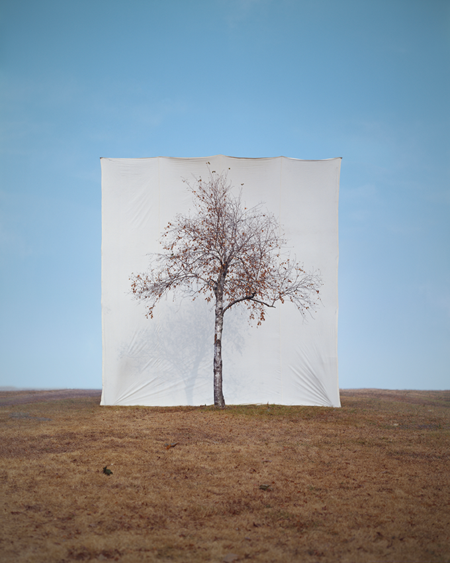Waking up in the long indigo shadow of the Sangre de Cristo Mountains, my heart is granite. A beloved dharma sister and deep writing friend of 30 years has been diagnosed with chronic lymphocytic leukemia and has just entered an intensive treatment program at the Christus St. Vincent Regional Cancer Center of Northern New Mexico. I have come to keep her company for a week. Outside her home, the first honey blonde columbine of summer push into bloom, a glory I am too numb to celebrate.
My friend is a fierce warrior writer, an artist with four decades of training to bolster her spine and spirit. She comes from old Zen. In her words, “A bare cushion / A steel night / Nothing moving but the mountains / And the enormous sky.” Still, her diagnosis and the stark realization that she has been carrying this cancer in her body for 25 years is savage news.
This past winter I took up the study of haiku, teaching a public class on meditation and the poetry of Basho, also a favorite of my friend. In preparation for this class we talked on the phone, sucking red marrow out of the lean shank bones of Basho’s authentic verse. When my friend received her diagnosis in late winter, she called in this Basho haiku:
A bowel-freezing night of tears
The sound of the oar
Striking the wave.
(Trans. R. H. Blyth)
Fortunately, Zen practice and good writing do not tolerate wallowing. In this regard, Basho is a bold guide. He lived in late medieval Japan for 50 short years, from 1644 to 1694. He practiced Zen without insignia or ordination. Every decade he experienced a catastrophic reordering of his life. “Let my name be ‘Traveler,’” he implored, following the narrow road of poetry to the far north. He shattered clever wordplay haiku to create a new mosaic of language, solitary and raw. “The old verse can be about willows,” he observed, “but haiku requires crows picking snails in a rice paddy.”
I had planned to write this column on haiku and flower viewing. Forget that. The only flower garden I am getting close to these days is the antiseptic infusion suite of the cancer center. Here, “infuse” goes back to the Latin infundere, meaning to pour in, saturate, permeate, souse, and fill up for eight hours, once a week, the pale blue veins of my gutsy friend with 2,000 units of monoclonal antibodies.
The medicine my friend is receiving is relatively new, approved in 2009, with the mythic-sounding name of ofatumumab. I learned this a few hours into her treatment, surrounded by dozens of cancer patients with chemotherapy and other drugs dripping into their bodies. It was quiet in the infusion suite, church quiet, resignation before the sermon. “The name of your meds sounds like Oh Fat Tuna Man,” I whispered to my supine friend. She opened one eye, a wise and ancient sea turtle coming up to the radiant surface of the ocean, schools of tuna far below. We began to laugh, timorously at first, then raucously. Patients rose up in their recliners to stare at us with a mixture of amusement and horror. I noticed a little balcony off the main treatment room where we received immediate permission to relocate. Thunderclouds and the memory of rain saturated the landscape. We whipped out paper and pens. “Ten haiku. Go!” my friend commanded. Five-seven-five: Basho, here we come!
And so we split open piety and prudence that afternoon to receive a new infusion at the dark rim of medicine and disease. “Don’t imitate me,” Basho commanded his followers. “It’s as boring as the two / halves of a melon.” In response my friend recited her blunt verse:
Rained last night
Slow drip into my veins
Sixty-six with cancer.
We wrote and read to each other all afternoon. We ate brown rice and corn enchiladas and guzzled ginger kombucha. We reminisced about the battered green Chevy pickup under the cottonwood, and for long stretches of time we kept completely quiet. When the infusion was complete, I noticed with surprise that it felt like we had been gardening together. My friend told me then about Shiki, a modern haiku master who died of spinal tuberculosis at the age of 35. For Shiki, she said, the act of creation entailed alert stillness and infusion of intention. He dragged himself to the edge of his tatami mat to overlook the garden:
One whole day
Tilling the field
In the same place.
(Trans. Peter Washington)
Thank you for subscribing to Tricycle! As a nonprofit, we depend on readers like you to keep Buddhist teachings and practices widely available.
